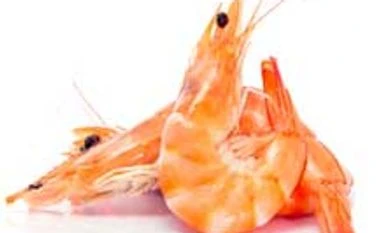In the last week of December, the Coalition of Gulf Shrimp Industries (COGSI), a local body, had filed petitions seeking relief from subsidised shrimp imports from seven countries — China, Ecuador, India, Indonesia, Malaysia, Thailand and Vietnam.
COGSI, in a statement, said US shrimp producers struggled hard to compete with the low-priced import. Since 2009, producers in these seven countries had gained a major share of the US market by aggressively undercutting domestic prices through the use of billions of dollars in assistance from their respective governments, was the charge.
In a letter to Lisa R Barton, secretary at USITC, the organisation requested the Commission to conduct an investigation under section 701 of the Tariff Act of 1930 regarding the imposition of CVD on import of shrimp. The decision will be based on a voting among the Commission members and it will be submitted to the US Department of Commerce on February 28.
According to the petitioners, the duty is needed to offset the “unfair trade advantage” currently held by these countries.
If Washington imposes CVD, India’s seafood export sector will face a deep crisis as the US is the largest importer of Indian seafood in value terms. The industry is now struggling hard due to a drop in exports to other major markets, such as the European Union, Japan, Southeast Asia and China.
During April-September, the US imported 45,540 tonnes, valued at Rs 1,947 crore, of seafood items from India, registering a growth of 11.42 per cent in value terms. The US is the only country that recorded a growth in imports during the period, according to data available with the Marine Products Export Development Authority.
Earlier in 2005, the US Department of Commerce had imposed an 11.17 per cent anti-dumping duty on Indian shrimp, which caused a steep fall in exports. This was after a petition filed by the Southern Shrimp Alliance, a producers’ organisation.
About 280 exporters were sending shrimp to the US before the tax and the number came down to 68 in 2009. Later, Washington dropped the duty to 2.52 per cent.
)